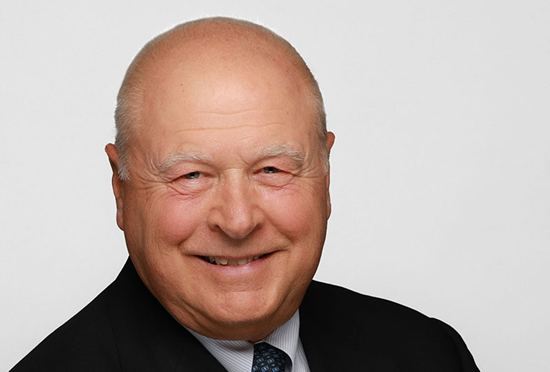Industry positive about AIFMD

The majority (68%) of respondents, who collectively manage and administer assets exceeding $10trn and $35trn respectively, expected the depositary costs associated with AIFMs to be substantially less than previously feared, at around 2.5bps. This represents a 50% reduction in estimates compared with Multifonds’ 2013 survey.
"In previous years, the unclear cost of complying with the AIFM directive presented a real concern – the presumed high-cost levels would be the tipping point for the directive’s ultimate success or failure,” said Keith Hale, executive vice president for client and business development at Multifond.
“With depositary costs in particular now looking to be far lower than expected, this year’s survey shows that those concerns have subsided and the outlook is more positive for the directive.”
The industry does not expect the same exodus of managers from Europe as a result of high costs. This year 53% expected EU managers to leave Europe to setup offshore structures to avoid the additional costs, a drop from 77% in 2013.
However, most respondents (82%) also believed that the AIFM directive would push non-EU managers to set up European operations in order to take advantage of the new regulation.
One of the biggest advantages is the AIFM directive passport, which, once established, will help gather more assets in Europe according to 72% of respondents.
Once the passport builds momentum, the well-established fund domiciles stand to benefit most, particularly Luxembourg and Ireland, which respondents said were the domiciles of choice.
While the future of the AIFM directive seems rosy, the proverbial thorn lies in reporting to the regulators, which over half (66%) of respondents cited as their most pressing challenge.
“Fund managers must figure out how to marry their multiple systems together and then aggregate, store and report the resulting data,” said Hale.
Only 33% of fund manager respondents reported having provisions in place for the reporting that the AIFM directive requires.
Despite ongoing difficulties, there was a widespread belief (82%) that the directive would achieve its goal of improving investor protection.
“As a regulation that came in response to the financial crisis in an attempt to regulate hedge funds, the AIFM directive seems finally to be emerging as a regulation that will bring some long term benefits to the industry,” added Hale.
Found this useful?
Take a complimentary trial of the FOW Marketing Intelligence Platform – the comprehensive source of news and analysis across the buy- and sell- side.
Gain access to:
- A single source of in-depth news, insight and analysis across Asset Management, Securities Finance, Custody, Fund Services and Derivatives
- Our interactive database, optimized to enable you to summarise data and build graphs outlining market activity
- Exclusive whitepapers, supplements and industry analysis curated and published by Futures & Options World
- Breaking news, daily and weekly alerts on the markets most relevant to you




